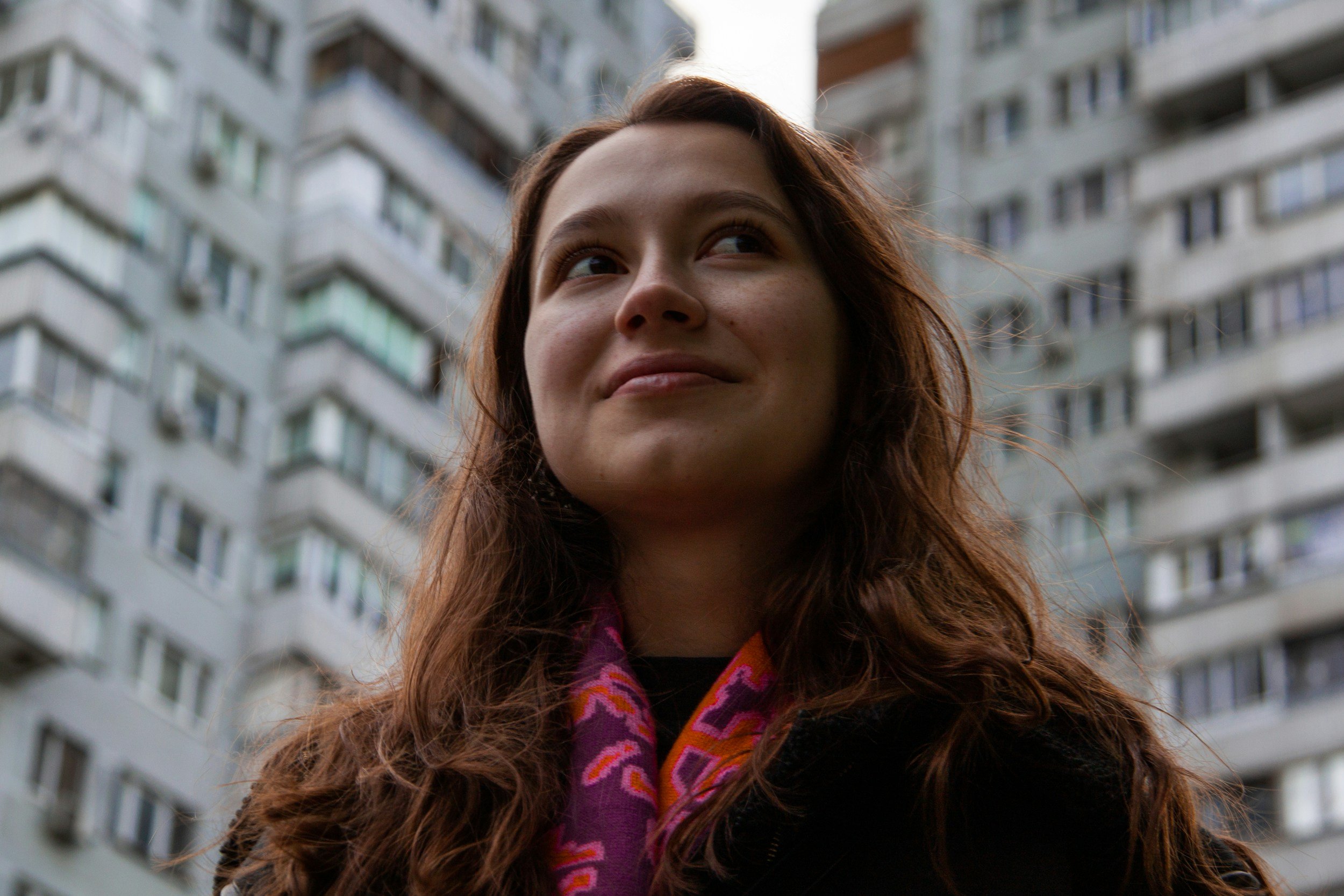Therapy for Heartbreak and Rediscovering Yourself After a Breakup
Therapy for heartbreak can help you process all the feelings that come up at this time in your life. It gives you time to think about what the relationship meant to you, why the breakup hurts so much, and helps you define how you want your life to look moving forward. Heartbreak is normal and common, but your feelings about it are very personal.
How to Cope with the Feeling of Being Left Behind as a Millennial or Gen Z
A lot of Gen Z and Millennials feel left behind, especially in a culture where people post about everything from relationships to career success online. You might be someone who is watching your friends get married, have kids, buy houses, or get promotions from the sidelines.
Are We Growing Apart or Growing Together?
Are you and your partner growing apart or just growing? Learn the signs of emotional distance in relationships and how couples therapy in Richmond Hill can help you reconnect.
Relationships and Self-Esteem: How Breakups Can Impact How You See Yourself
Relationships can play a big role in how you see yourself. You might feel confident and secure when things are going well but when things are not going well, it can have the opposite effect. For a lot of people in their 20s and 30s, their relationships and self-esteem are very closely connected.
What High Functioning Anxiety Looks Like and How Therapy Can Help
People with high-functioning anxiety often hide it by staying productive, achieving goals and being dependable. People who have it may appear calm and accomplished on the outside, but on the inside they are often worried, have racing thoughts, and have trouble relaxing. High-functioning anxiety is real, even though it isn't an official diagnosis.
5 Tips for Building Your Self-Esteem and Confidence in Your 20s
It takes time and effort to build your self-esteem, especially in your 20s when there is pressure from new responsibilities such as jobs and relationships not to mention social pressures. All of this can make you doubt yourself and compare yourself to others. Being confident doesn't mean changing who you are.






